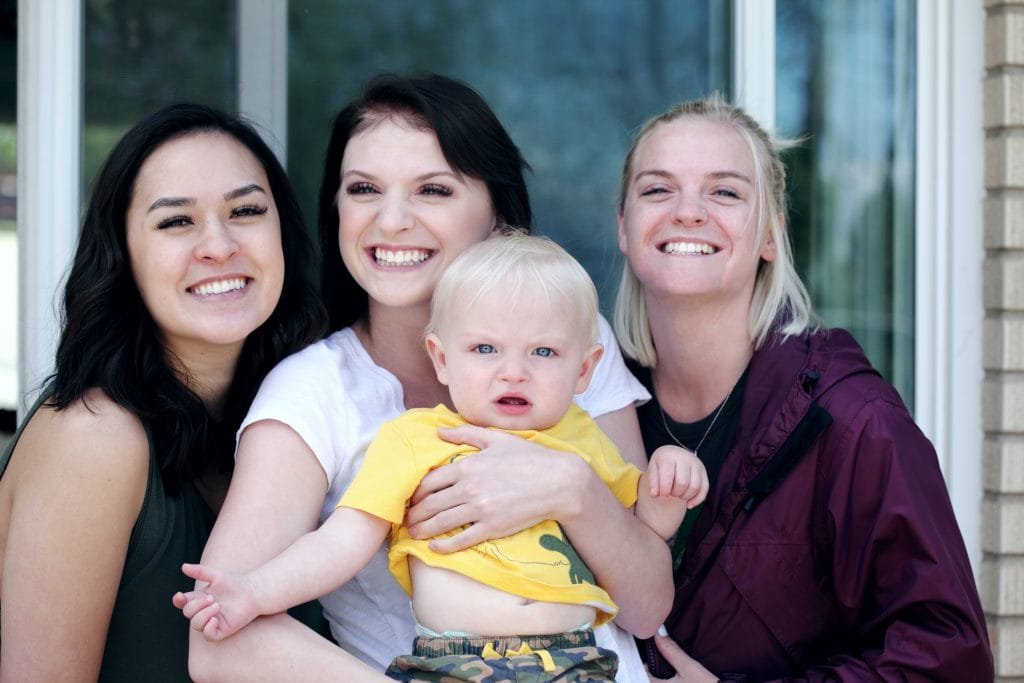By Michael P. Sampson ABA Just Resolutions, February 22, 2022 Updated January 5, 2026 A Climate of Positive Energy Valentine’s Day 1990. The founder of the Collaborative movement, Stuart G. Webb, writes to the Honorable A.M. “Sandy” Keith, Justice of the Minnesota Supreme Court. Mr. Webb’s love interest? A power source for creative settlement he’d conceived: the Collaborative process. The “climate of positive energy” Stu had witnessed and wanted to sing about often occurred by accident. He found it happened when lawyers used their “analytical, reasoned ability to solve problems and generate creative alternatives and create a positive context for settlement.” In the climate that captivated Webb and other like-minded contemporaries, who deliberately sought to replicate it, people could harness their power to sign binding settlement contracts. They could express creative alternatives to advance their respective and mutual goals… they could stay out of court. Contract Power in the Collaborative Process Alternative dispute resolution (ADR) processes are more intimate than going to the mat with an adversary in court. Negotiating participants in ADR control the processes more than they can in adversarial models. They may make graduated choices to achieve goals after considering options, including options unavailable to a judge. Collaborators working in a confidential, intimate, encouraging environment may achieve — by contract — person-oriented” remedies, like “an apology, a handshake, and invitation.” Collaborators may express choices by contract commitments that advance goals, which may include maintaining personal relationships (for example, so they may coparent effectively), preserving bonds in an interdependent group (for example, a family, a neighborhood, or a social circle), or moving past the dispute in harmony (for example, so they may resume business together). A judge typically couldn’t impose these remedies unrelated to the claims for adjudication. Litigation is not intimate; it’s polarizing. A dominant neutral stranger controls the process. The stranger, typically faced with binary choices, imposes a resolution on the combatants. That happens after they present evidence, under constraints rules of evidence and procedure impose, and argue positions, based on statutes and case precedent. Contract Freedom and An ADR Process That Encourages Its Exercise The collaborative environment Stu Webb imagined, which collaborating professionals have expanded globally, invites exercising contract freedom. Fundamental federal law, state law, and case law have protected freedom to contract as a liberty and property right. States cannot take away the right to contract without due process. The Federal Constitution’s Contract Clause and state constitutions restrict state impairment of contract obligations. A state impairs a contract when it makes the contract worse or diminishes its quantity, value, excellence, or strength, lessens its effective enforcement, or delays its enforcement. Freedom from impairing contracts applies to any contract. The law circumscribes judicial power, too, to impair freely negotiated private contracts by stopping judges from rewriting them. Unless there’s fraud, involuntariness, overreaching, incapacity, violating public policy, or other sufficient grounds, a judge can’t rewrite parties’ contracts to make them fit a “post contractual conception more suitable to the situation of the parties.” Settlement Agreements Are Highly Favored Settlement agreements are binding, enforceable contracts. Basic contract principles govern them. Marital settlement agreements, likewise, are binding contracts, interpreted and enforced under contract law. Public policy and the law in every state highly favors settling disputes with binding settlement agreements. Courts will uphold them, when possible, because, through them, parties amicably resolve doubts and uncertainties and avoid lawsuits. Settlement agreements help: This policy favoring parties’ reaching settlement agreements to provide for stable arrangements extends to matrimonial and other family law disputes and to probate disputes. The UCLA Promotes Settlement The Uniform Collaborative Law Act (UCLA) further promotes highly favored settlement, particularly in family matters. As of this writing, seven of the ten most populous states – Texas, Florida, Pennsylvania, Illinois, Ohio, North Carolina, and Michigan (and twenty-one other states plus the District of Columbia) – have adopted the Uniform Collaborative Law Act. Some adopting states have expressed this public policy encouraging peacefully achieved settlement contracts. For example, Florida’s “purpose” section of its enactment of the UCLA provides: It is the policy of this state to encourage the peaceful resolution of disputes and the early resolution of pending litigation through a voluntary settlement process. The collaborative law process is a unique nonadversarial process that preserves a working relationship between the parties and reduces the emotional and financial toll of litigation. Similarly, Texas’s “policy” section of the UCLA provides: It is the policy of this state to encourage the peaceable resolution of disputes, with special consideration given to disputes involving the parent-child relationship, including disputes involving the conservatorship of, possession of or access to, and support of a child, and the early settlement of pending litigation through voluntary settlement procedures. Freedom to Contract in the Collaborative Environment Fosters Expanded Choices and Creative Contract Solutions States, public policy, and the UCLA encourage people to exercise their freedom of contract and harness their power to contract to settle disputes. For collaborators, the intimate climate Stu Webb conceived and was smitten with (a love affair grown deeper in the last 30+ years) is inviting. The collaborative environment allows them and their professional team to harness and direct contract power constructively. This freedom to contract empowers collaborative participants to exercise it. By doing so, they expand their choices. Collaborative teams invite and encourage every member to imagine solutions beyond outcomes courts could order, and to commit to them in contracts. By selecting among imagined solutions and expressing them in contracts, participants can achieve resolutions a judge, constrained by statutes, case precedent, and rules of procedure and evidence, couldn’t otherwise impose. Family law cases illustrate such expanded contractually achieved choices. Family Law Settlement Agreements to Obligations A Judge Could Not Otherwise Order Consider the power of contract in the family context. Obligations parties took on contractually that a judge couldn’t have ordered otherwise include: Bounds of Contract Freedom in Family Law: Respecting Contracts but Safeguarding Children Contract freedom has bounds. The State retains inherent police power “to safeguard the vital interests of its people” and




























































